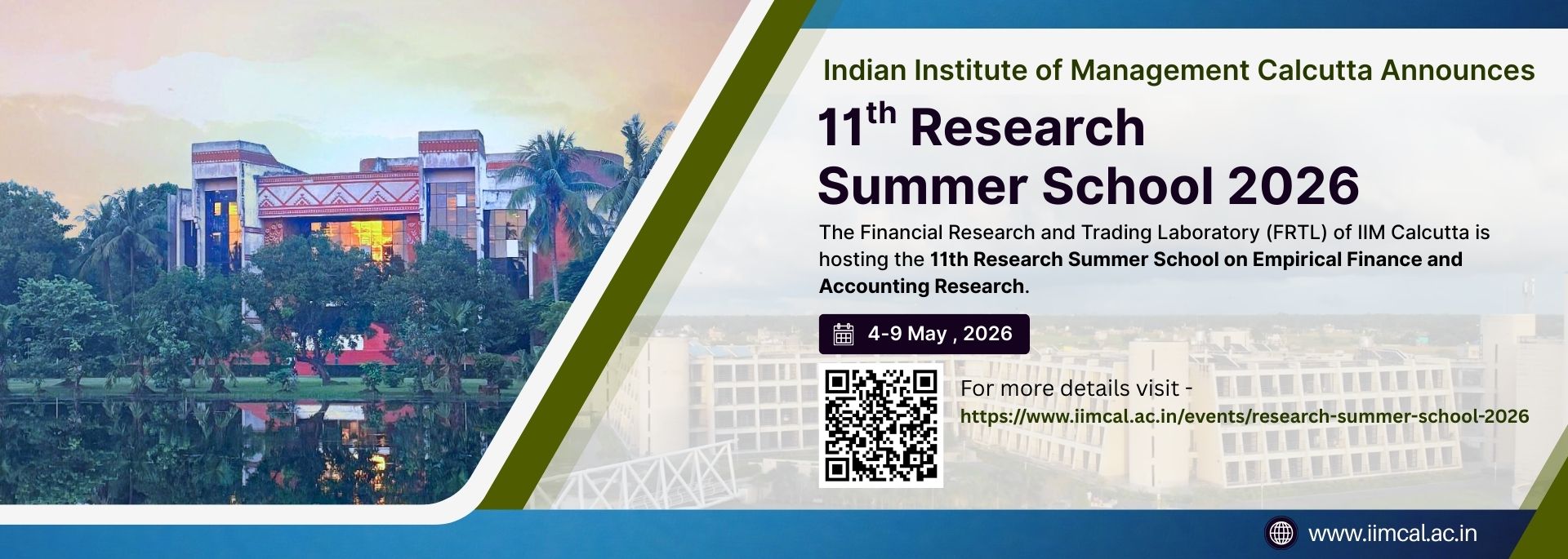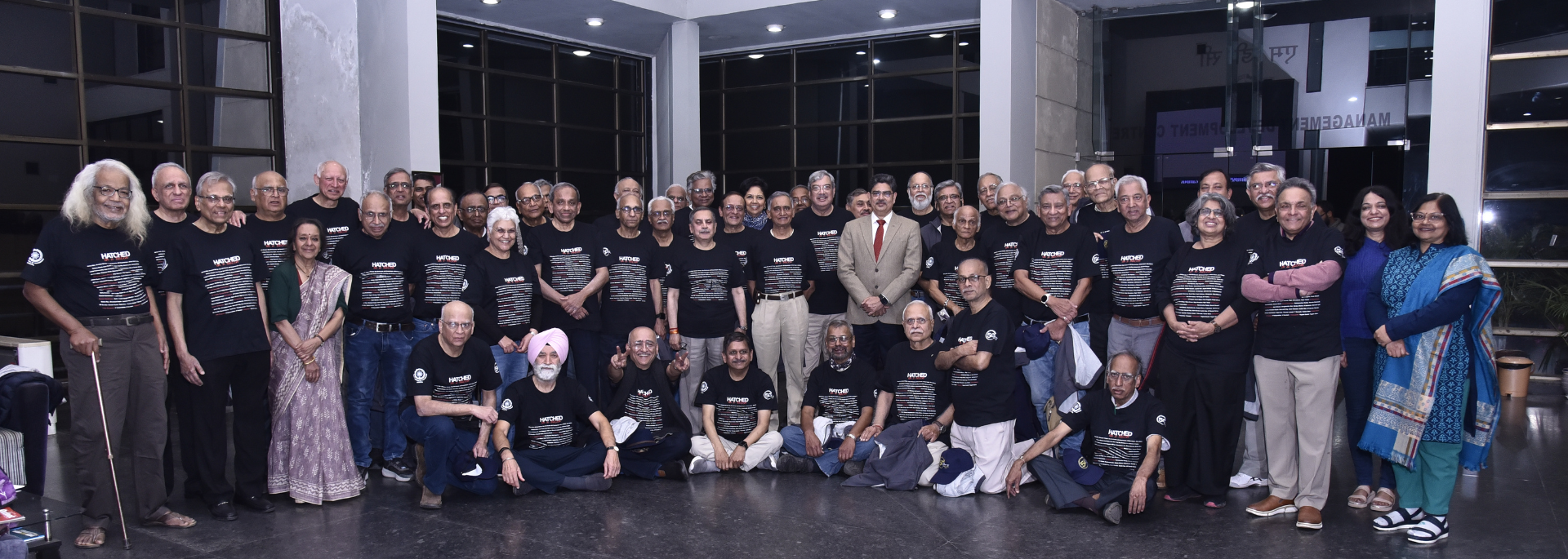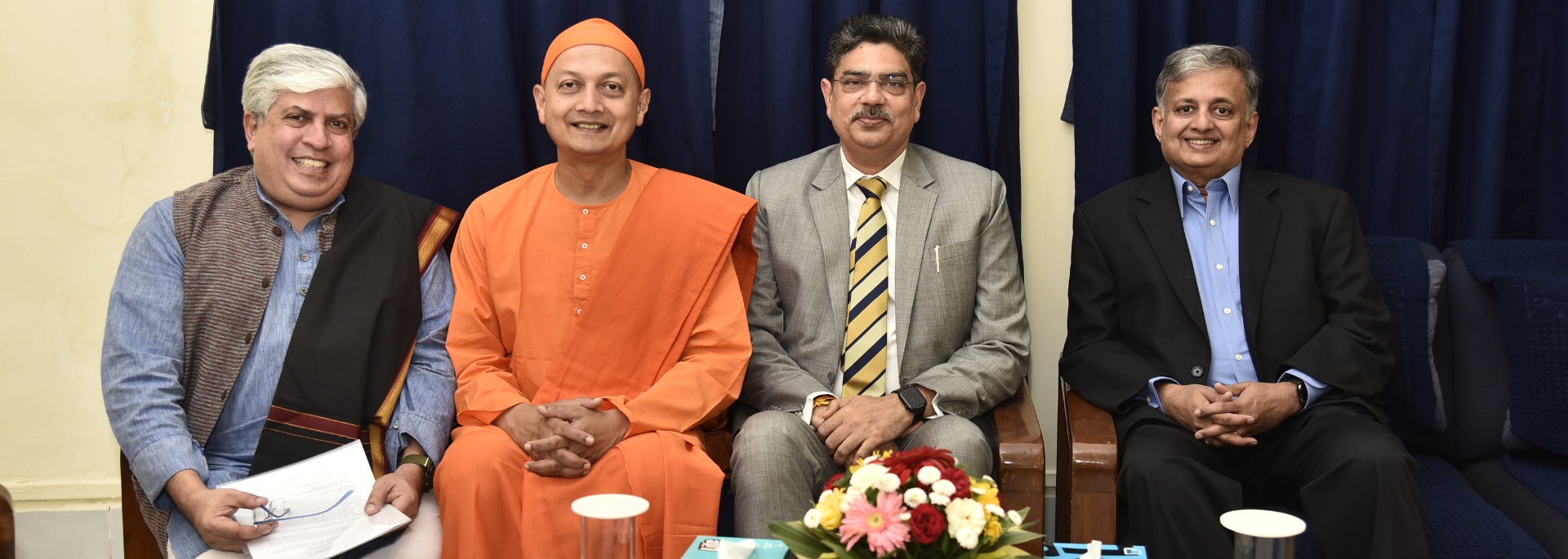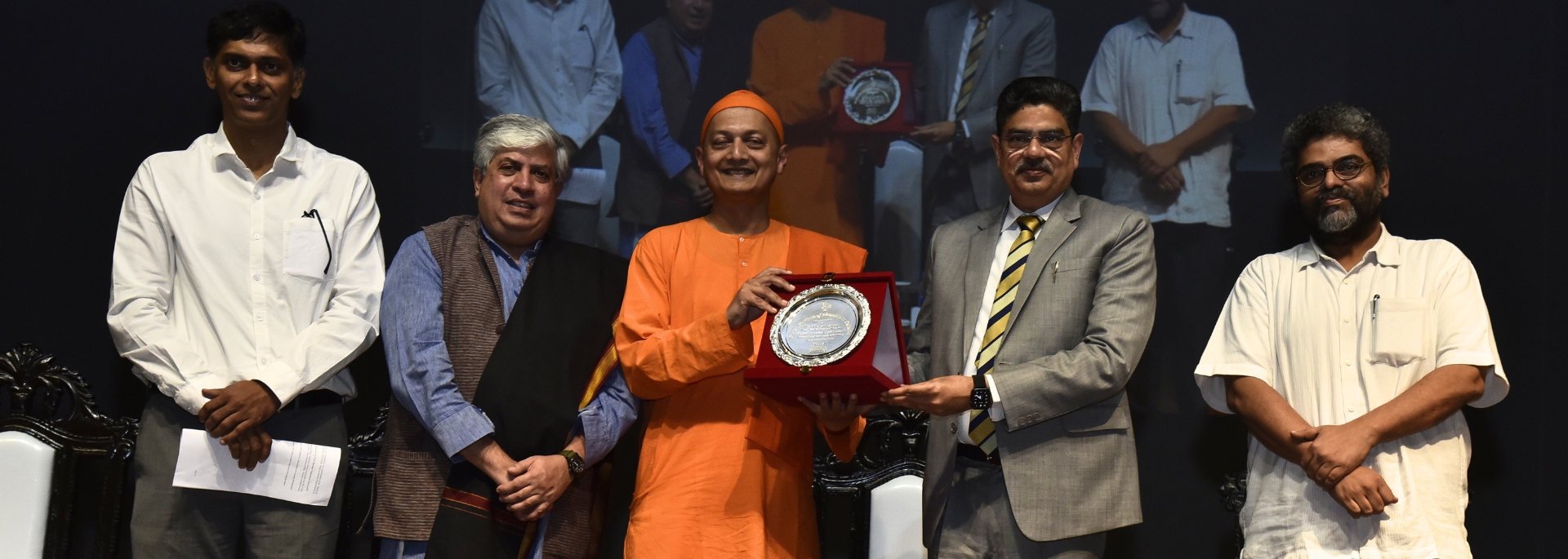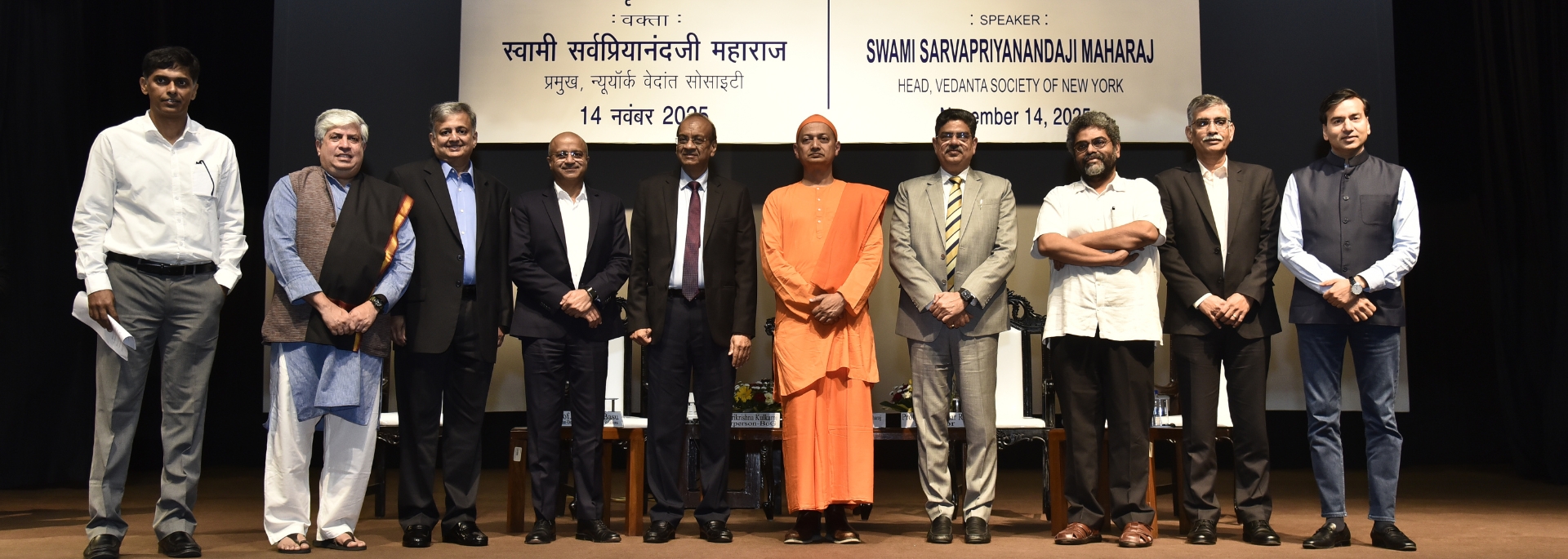|
1
|
Economics
|
International Economics
|
EC-EX103
|
Dr. Parthapratim Pal
|
-
Introduce the students to theories and practices of international economics
and to help them to leverage their understanding of evolving pattern of
international trade and finance to make more informed business decisions
- Understand why countries engage in international trade and what are the
gains from trade, the various trade policy measures like tariffs, quotas, standards,
subsidies and export incentives from national as well as international perspectives
- Familiarize the students with evolving pattern of international trade and
highlight how long-distance commerce is likely to evolve in the near future
- Know about the multilateral trading system under the World Trade
Organization (WTO) and various policy tools available under the WTO like the Anti-Dumping
duty, the Countervailing duties, dispute settlement etc
- Comprehend Free Trade Agreements like the NAFTA, RCEP and their importance
in global business, fathom how the trade policy measures under these different regimes will
provide future
business managers a better perspective of the international business environment
- Sensitize students about capital flows and their impact on the real and
financial sectors of a country
|
|
2
|
Management Information Systems
|
Managing Digital Transformation
|
MI-EX273
|
Dr. Abhipsa Pal
|
- Enable students to be cognizant of the digital capabilities that firms need
to have
- Appreciate the skills required for product management in the digital era
- Understand role of SMACIT innovations
- Appreciate the relevance of new digital platforms
- Help fathom the scope and potential of digital transformation
- Apprehend the need to manage radically successful businesses using
continuous innovation through digital
- Gain understanding of the relationship between strategy and digital
transformation
|
|
3
|
Operations Management
|
Sustainable Supply Chain Analytics
|
OM-EX119
|
Dr. Bodhibrata Nag & Dr. Kaushik Ghatak
|
- Understand Sustainable Development Goals (SDGs)
- Comprehend The Triple Bottom Line (TBL)
- Define and differentiate the People, Planet, and Profit dimensions of TBL
- Examine Sustainable Supply Chains
- Investigate the importance of
sustainable practices in supply chain management
- Identify strategies to create
environmentally and socially responsible supply chains
- Learn to apply Concepts through Simulation
- Apply SDGs, TBL, and sustainable supply chain principles to make strategic
decisions in the areas of supplier contracting, multiple sourcing, processor selection,
operations, warehouse, and supply chain management, category management, farmer
interventions, CO2 compensation etc
|
|
4
|
Finance and Control
|
Derivatives
|
FI-EX106
|
Dr. Sudhakar Reddy
|
- Understand the defining characteristics of derivatives and the mechanics of
forward and futures markets
- Develop a sound understanding of the theory and practice of derivative
products at an advanced level
- Learn the mechanics of forward, futures, options, and swaps
- Formulate hedging strategies using forwards, futures, and options,
speculative and arbitrage strategies using forwards, futures, and options
- Understand derivative products in different domestic as well as
international markets
- Learn about exotic products available in the derivatives markets around the
world
|
|
5
|
Finance and Control
|
Fintech
|
FI-EX123
|
Dr. Sudarshan Kumar
|
- Understand the current fintech landscape and the recent fintech
developments and analyse their impact on the financial services industries
- Gain knowledge of blockchain technology and cryptography
- Apprehend artificial intelligence and machine learning in the context of
finance
- Analyse the process of various fintech disruptions in banking, payment,
lending, investment management & trading
- Gain awareness of the regulatory challenges associated with the fintech
platforms
|
|
6
|
Marketing
|
B2B Marketing
|
MK-EX106
|
Dr. Koushiki Choudhury
|
- Provide basic information and terminology on business marketing
- Understand business markets and how they differ from consumer markets,
grasp the spirit of organizational buying behavior and the needs and motivations shaping
that behavior
- Explore ethical issues in business marketing and appreciate long-term
partnering relationships with customers versus making immediate sales
- Develop understanding of branding in business markets.
- Sensitize students about service quality management, measurement and
monitoring in business markets.
- Delve into new emerging areas in business marketing and come up with how
the frontiers of business marketing can be expanded in new, relevant dimensions
|
|
7
|
Marketing
|
Strategic Brand Management
|
MK-EX109
|
C. D. Mitra (V.F)
|
- Understand the world of branding and its techniques and tools, create
different types of brands and elements that form a brand
- Learn to design marketing programs that communicate the value of a brand
- Use marketing tactics to develop, position, and sustain brands
- Recognize sensitive nuances of cross-cultural branding and related elements
- Frame brand architecture and design brand portfolios
- Analyse brand extensions and related concepts
- Gather risks and opportunities for a brand going through a crisis and
fathom aspects of navigating brands in a dynamic environment
- Communicating brand value to internal and external stakeholders
- Quantifying the effects of branding activities and relating market
performance to brand value
|
|
8
|
Marketing
|
Digital and Social Media Marketing
|
MK-EX117
|
Dr. Saravana Jaikumar
|
- Understand how digital marketing and social media can transform marketing
into a revenue center rather than a cost center
- Learn to utilize metrics and measurement as core tenets of modern marketing
practices
- Integrate design, technology, and business objectives to create cohesive
and effective communication strategies for targeting customers in the digital world
|
|
9
|
MIS
|
High-Tech Product Management
|
MI-EX274
|
Arun Sreelalan Iyer
|
- Understand and articulate the core responsibilities of the Product
Management role in Technology organizations
- Enable creation of wireframes and prototypes with intuitive User Experience
for users
- Gain a basic familiarity with the tools used by Product Managers,
technology architecture components used to create Mobile Apps and Websites and have an
analytical approach to evaluating and creating common Product Management artefacts (e.g.
Functional Specification Document)
- Apprehend how the principles of Product Management and UX Design come
together in real-life software delivery
|



